Scramblers maybe one of the most popular type of custom bikes lately. You see them pop up everywhere and every self-respecting brand now offers a production model. While the scrambler motorcycle has its origin back in the 1920s, we may carefully say that Triumph started a “new wave” of Scrambler enthusiasm with the introduction of their Scrambler back in 2006. But Ducati also liked to get a piece of the action and picked one of their old concepts (Ducati produced a scrambler between 1962 and 1974) out of the archives and introduced the all new Ducati Scrambler (they call it Scrambler Ducati) in 2015. The Ducati Scrambler’s success was accelerated by the ever growing custom motorcycle scene, the need to be distinguished, a little bit of individualism and a HUGE marketing campaign. Everywhere you looked you saw Ducati promoting this machine and it quickly became a very popular machine among a wide variety of motorcyclist (no, not only hipsters…). Soon BMW and Moto Guzzi started introducing new scrambler editions of existing models to keep up with the trend (the R nineT Scrambler and the V7 Stornello). And even Benelli now is offering a scrambler with their Leoncino. And the market just absorbed these machines and everybody seems to love them.
So yes, scramblers are cool. And of course, these modern machines are very cool, ride great and are pretty reliable. But what if you want to build one yourself? What base bike will be a great fit to build your own scrambler? We’ve created a list to get you started while searching and sourcing for your base bike.
First a little disclaimer: in general you can pick literally any base bike for your scrambler project. But some machines tend to have some more “natural” aesthetics of a scrambler, which make it a whole lot easier. We’ve looked at four basic ingredients:
- The engine: must be “punchy”, preferably a single cylinder, small to mid-size (op to around 650cc). Twins also allowed.
- Suspension: it makes it a lot easier to build a scrambler if the base bike has some descent, long travel suspension.
- Ground clearance: same as with the suspension: you need some serious ground clearance for your scrambler.
- Weight: scramblers need to be easy to handle both on- and off-road so the less weight, the better.
Want to go completely out of the box? Then pick a Honda Goldwing or Triumph Rocket III to turn into a scrambler. Good luck! And for all the other people: keep on reading ;).
Yamaha XT-series
The Yamaha XT-series come in all ages and sizes. The XT is not a hardcore cross motor. It’s a mixture between an enduro and an adventure bike. The first XT, the XT500 was introduced in 1976. It had a big punchy 499cc air-cooled single cylinder which was able to perform in a wide RPM range. From 1976 till today, there were always XT models in the Yamaha catalog with engines in all kind of sizes, but all single cylinders: 125, 200, 225, 250, 350, 400, 500, 550, 600 and 660cc. There is no specific model we like as a base bike for a scrambler, but the real oldies from before 1985 have a cool nostalgic look. On the other hand, the XT660 has one of the most powerful and fun engines out there (not only for a scrambler!). Excluding the latter, all engines of the XT are air-cooled so pretty simple to work on and since there are so many still out there, parts are easy to find.
Honda XR/XL-series
Just like the Yamaha XT, the Honda XR and XL-series are a perfect base for building a scrambler. A wide variety of engine sizes, most of them singles, lots of parts available and pretty easy to come by. Were the XR’s are more oriented to off-road use, the XL-series (like the Transalp) are multi-purpose (or dual sports) adventure bikes (which include a lot more plastics ;)). Nicely priced and pretty easy to work on due to the simple technology.
The XR has 125, 200, 250, 350, 400, 500, 600 and 650cc models. The XL comes in 125, 185, 200, 250, 350, 500, 600, 650cc. There’s also an XL1000 (Varadero), but this seems a bit over the top for a nice to handle scrambler. The 500, 600 and 650cc bikes will give you the most power and fun.
Honda Dominator
Another great scrambler base from Honda, the Honda Dominator or Honda NX-series. A wide choice of engine sizes, all singles: 125, 150, 200, 250, 350, 400, 500 and 650. With the 650 as dominant model. A bit more plastics than the Honda’s mentioned above. Cool fact: the Dominators use the frame itself as its oil reservoir.
Kawasaki KLR650
Also positioned as a dual sports bike and a long-lasting model in the Kawasaki catalog. A big 650cc single, water-cooled engine pushing out 37hp. The model was introduced in 1987 and remained almost unchanged to 2007. This makes sourcing parts, both original as aftermarket very easy. Nicely priced and still a bunch of them out there to pick up.
Suzuki DR650
Suzuki’s machine for the dual sports market, the DR650. Also a 650cc single engine. Cooled with air and oil and with 46hp a bit more power for your money comparing to the KLR. The model has also been unchanged for many years, so just parts are easy to find at relatively good prices.
KTM Duke

Are you more into cafe racers? Check out the best cafe racer base bikes.
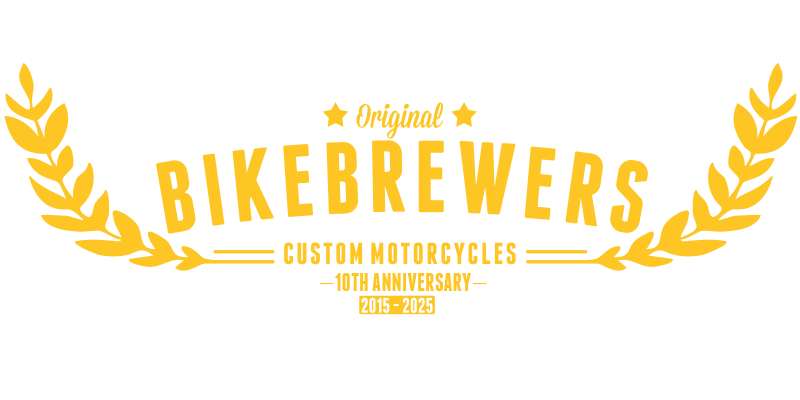
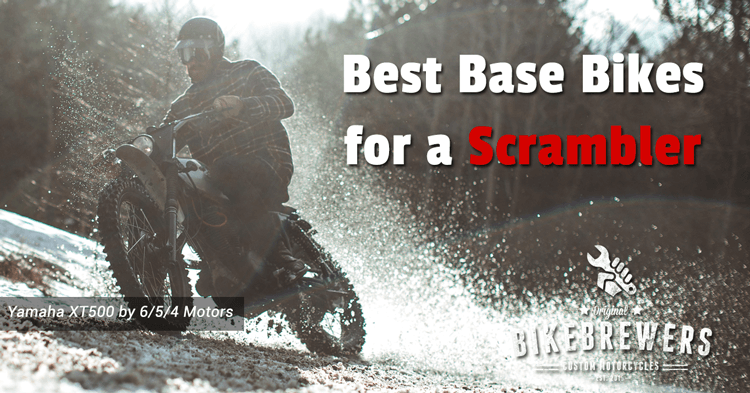


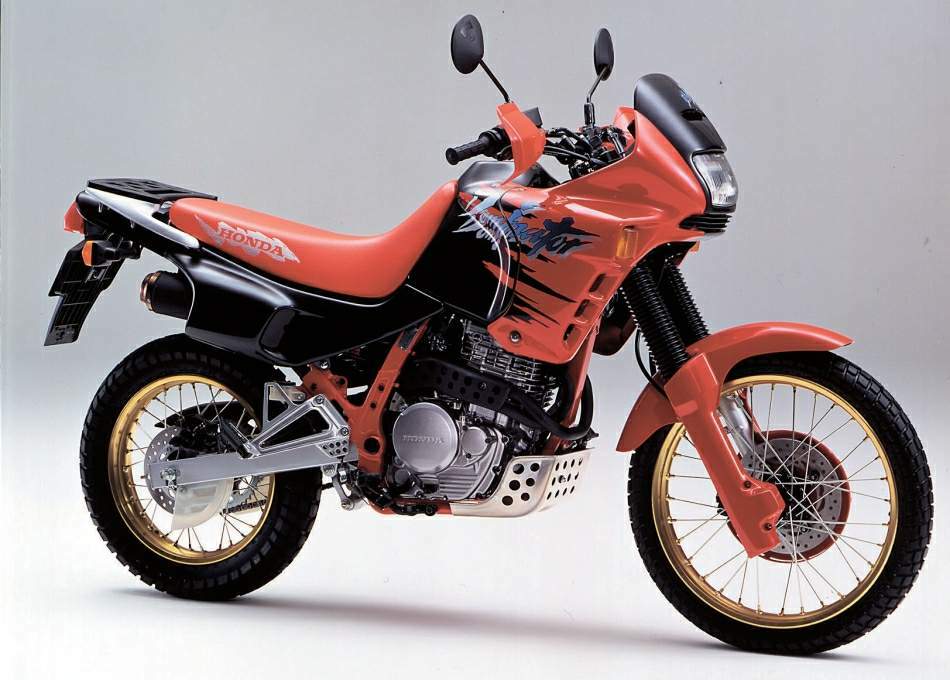
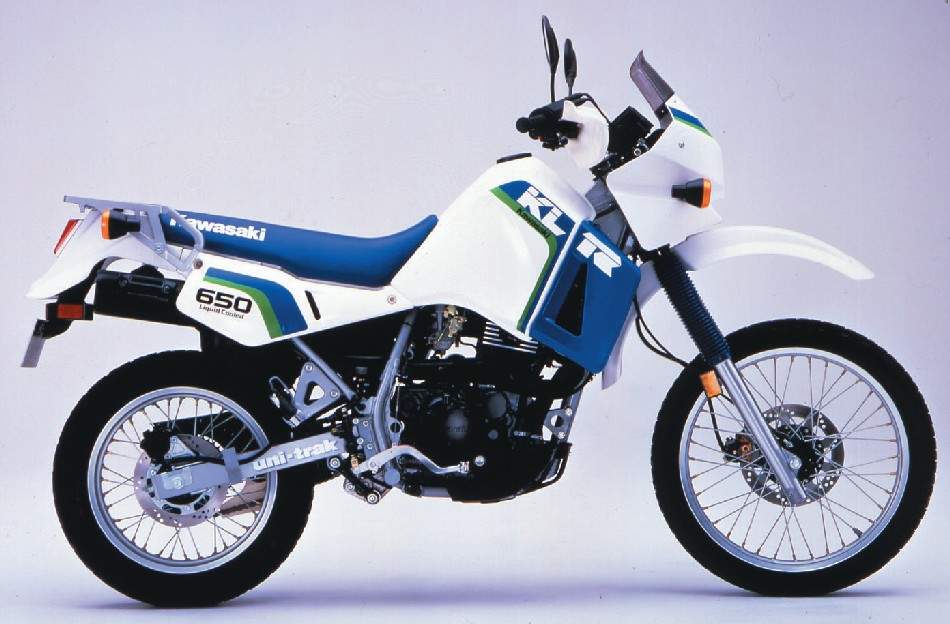

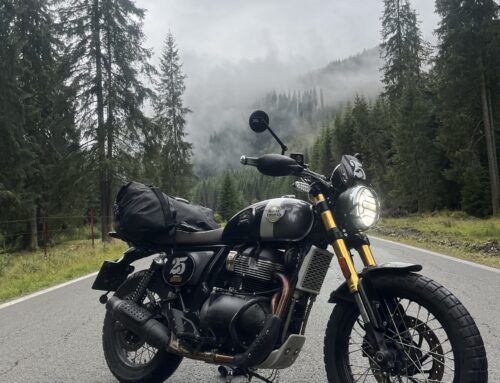
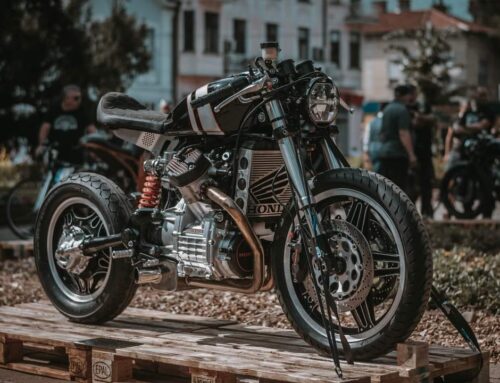
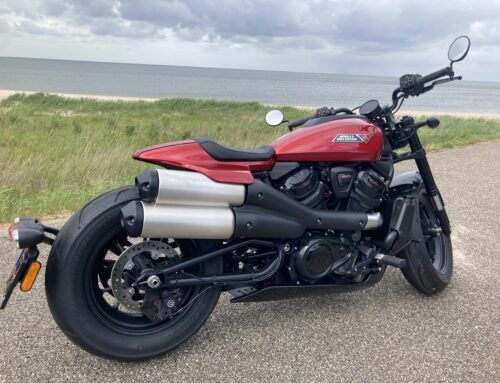
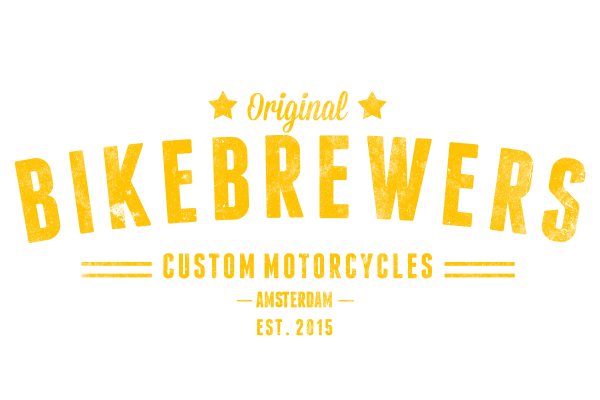
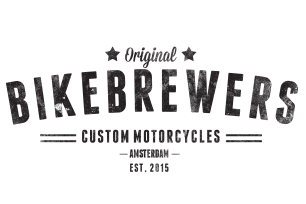
Insight on choosing a bike?
I am looking for a project bike and I’m wondering what the best pick would be to avoid welding the subframe. I like the more off-road scrambler builds so I’m leaning toward an XR, but Im looking for a bike that offers a flatter seat profile. Maybe the NX650 since it sits a bit lower? Or do they have the same frame? I’d be using the bike for 60/40 street to offroading. Thanks for all the information you’ve put out there already. I dig your site.